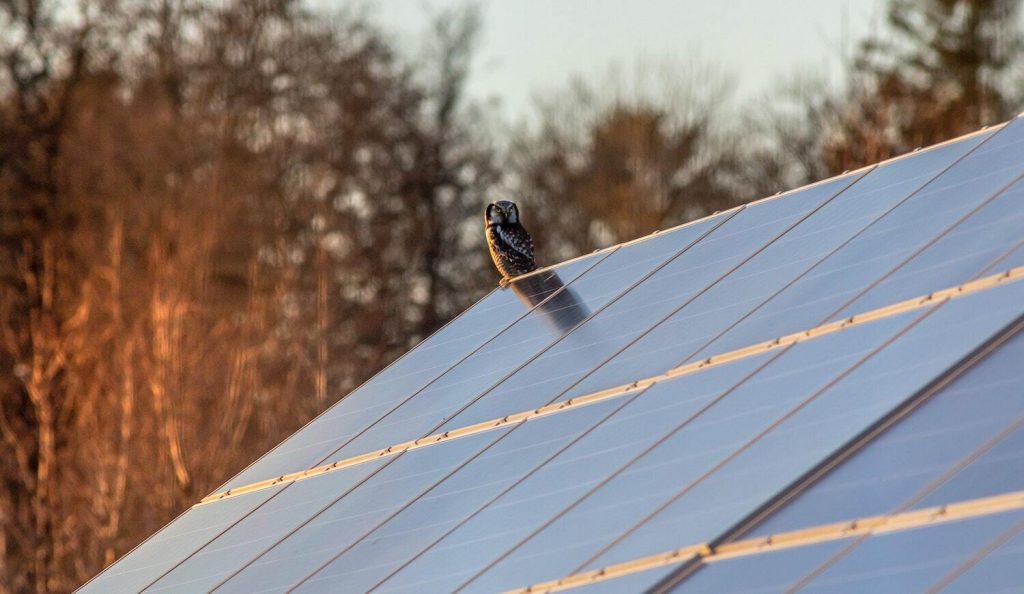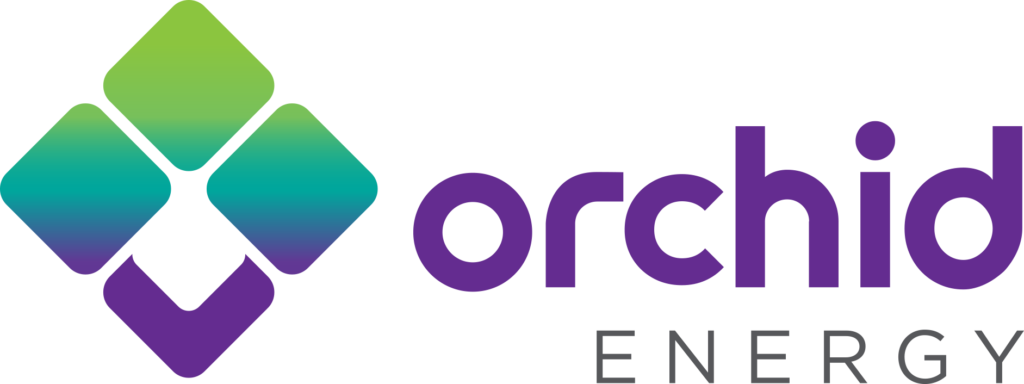Investing in solar is more than an environmental gesture; it’s a financially astute move. But
how does one gauge the return on such an investment?
First, consider installation costs. Over the past decade, solar panel costs have plummeted.
This downward trend, coupled with rising utility prices, makes the economic case for solar
increasingly compelling.

Savings: Monthly electricity bill savings are the most direct ROI. For many, these savings lead
to a break-even point within a few years, post which the electricity is essentially “free.”
Incentives: Many governments offer financial incentives, whether direct subsidies, tax
breaks, or feed-in tariffs for surplus electricity fed back into the grid.
Property Value Boost: Multiple studies suggest homes with solar installations sell faster and
at a premium compared to non-solar counterparts.
But ROI isn’t just financial. The non-tangible returns – like reducing one’s carbon footprint,
promoting sustainable energy, and enjoying energy autonomy – make solar investments
invaluable.
Government policies in many regions further augmentsolar’s financial appeal. Tax incentives,
grants, and feed-in tariffs can significantly reduce the payback period for solar installations.
Moreover, as an often-underestimated benefit, properties outfitted with solar systems
frequently command higher resale values, a testament to solar’s growing mainstream
acceptance and its long-term benefits.
Understanding these returns, both tangible and intangible, equips potential solar adopters to
make informed decisions, ensuring they reap the maximum benefits from their solar journey.
To start your solar journey, contact Orchid Energy at 01483 963711 or
[email protected], and let’s harness the power of the sun together
